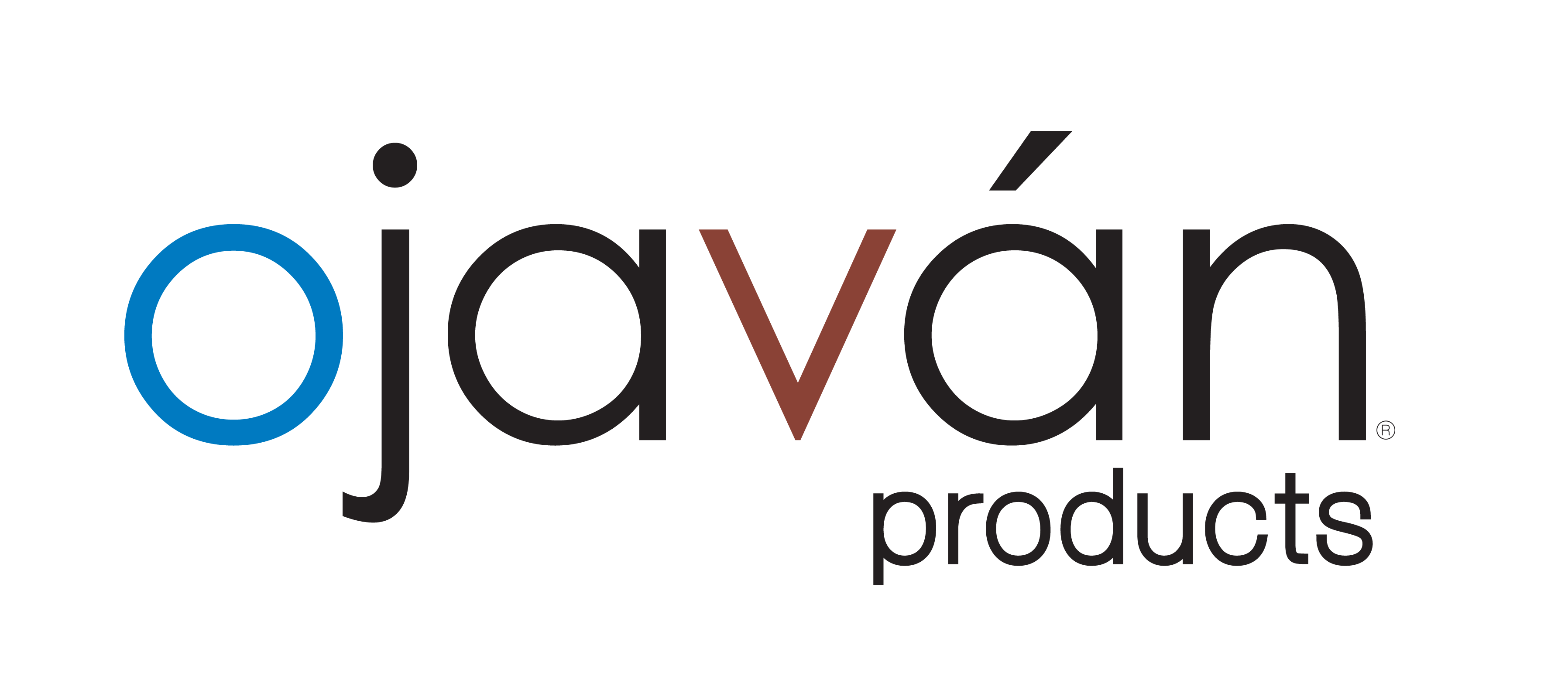To return to CBD Products, click here.
First of all: Is CBD marijuana?
No, CBD is NOT marijuana.
Until recently, the best-known compound in cannabis was delta-9 tetrahydrocannabinol (THC). Marijuana contains both THC and CBD, but these compounds have different effects. THC creates a mind-altering "high" when a person smokes it or uses it in cooking.
CBD (Cannabidiol) is different. Unlike THC, it is not psychoactive and does not change a person's state of mind when they use it. However, CBD does appear to produce significant changes in the body, and research has shown that it may have medical benefits.
|
 |
CANNABIS PLANTSIndica leaves are much wider, with the largest leaves having fewer leaflets than the largest sativa leaves, at seven to nine leaflets. Indica leaves are commonly deep olive-green, and the plants are relatively short, conical and densely branched. This is a high THC plant with levels ranging up to 23%. Sativa leaves and plants are long and slender, with pronounced serrations, giving the leaves a jagged, almost spiky appearance. The coloration of sativa leaves ranges from bright, lime green to blackish-green at the darkest. The largest plants can have up to thirteen leaflets. This is a low THC plant with levels ranging between .3% to .4%. Ruderalis leaves and plant is much smaller than the Indica and Sativa, with the largest plants may contain anything from five to thirteen leaflets. This low THC plant is most commonly bred with the Sativa plant for hardiness, while still maintaining the medicinal effects of Sativa plant. |
|
|
|




